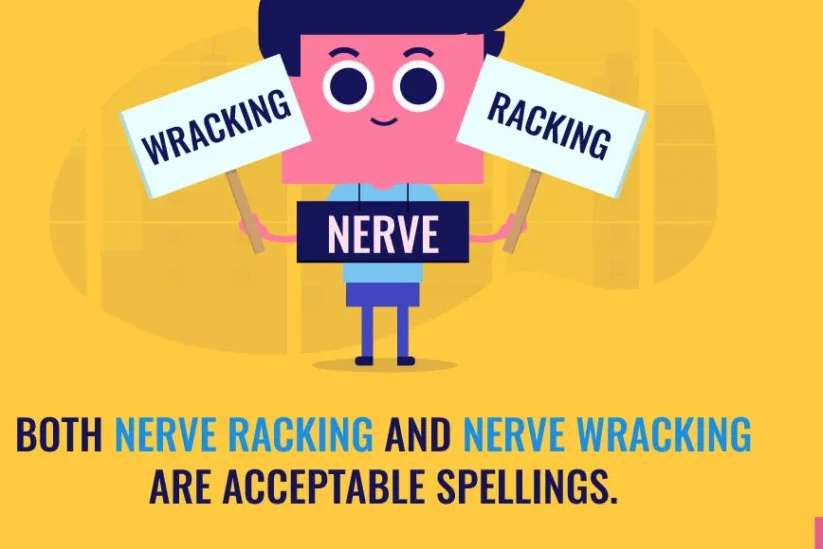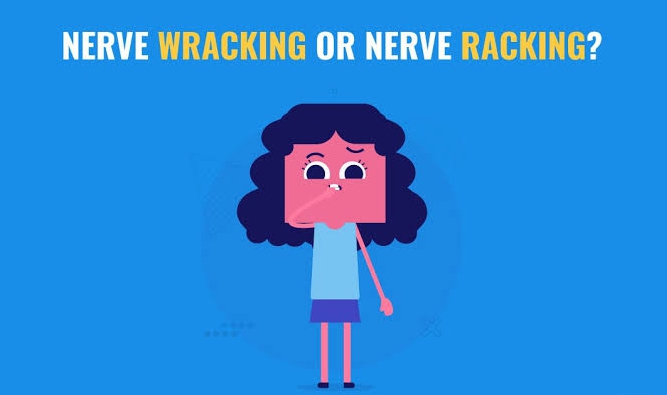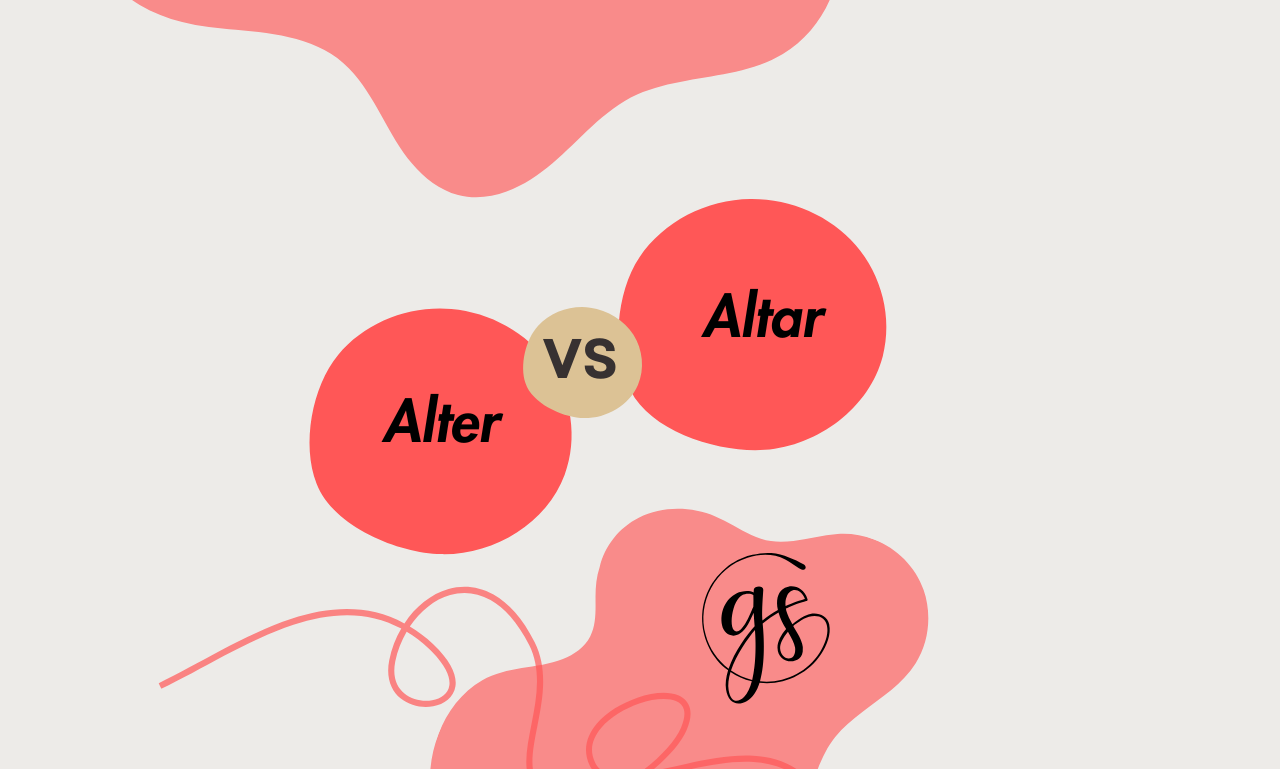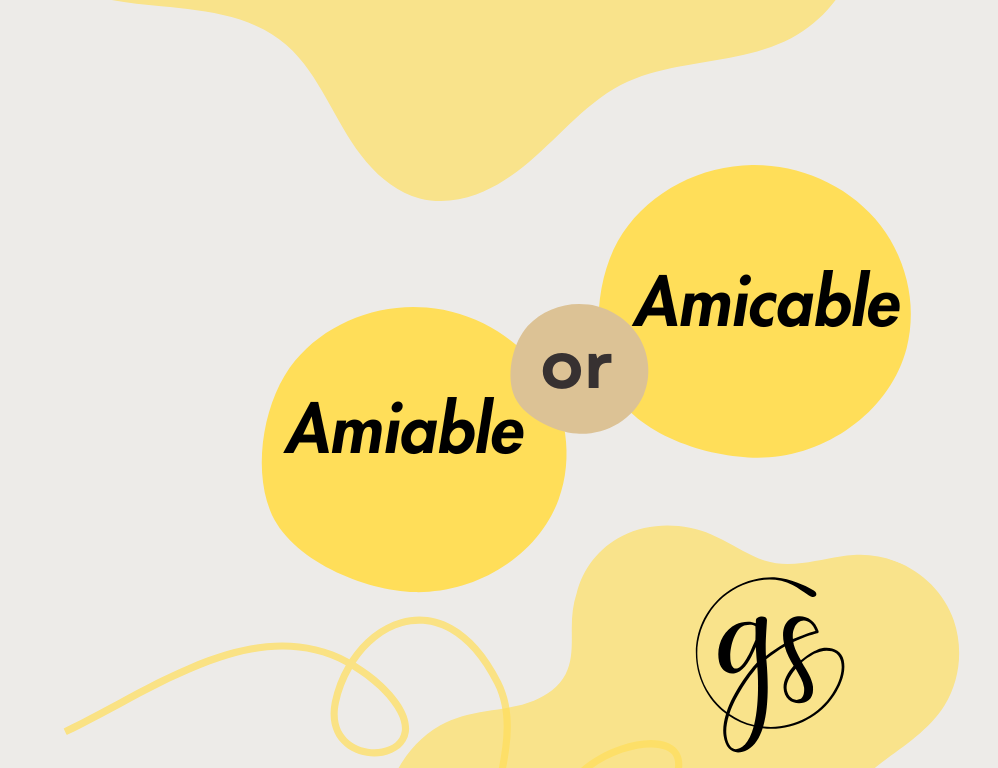Introduction
Language is a living rainbows, constantly evolving and often twist in threads of confusion. If you’ve ever found yourself on the rock face of a nerve-wracking situation, perhaps your mind has wandered to the perplexing question, Is it nerve-racking, nerve-wrecking, or nerve-wracking? While these terms may seem interchangeable at first glance.
Which is correct: nerve-wracking or nerve-racking?
Nerve-wracking and nerve-racking has been a point of contention for language warms, to set off curiosity about their origins and proper usage. While both phrases convey a sense of anxiety or stress.

Origin
The term began its life of Percy Bysshe Shelley in 1812, the essence of tension as only poets can. However, it took over a century for nerve-wracking, with its more vivid connotations of wear and tear on one’s composure, to find its place in print marked notably by a chilly advertisement for an Arctic expedition.
Meaning of ‘nerve-wracking’ (or nerve-racking)
The term nerve-wracking meaning summarizes those intense moments where anxiety and anticipation collide, often leading us to the edge of our comfort zones. Take, for example, a wedding—an event celebrated with joy yet upset with emotional stakes.
Example
- It was nerve wracking not to know what was happening.
- It was fun, but a little nerve wracking.
- You can get up close in a flat-bottomed skiff – but prepare yourself for a pretty nerve-wracking experience.
- It’s also the scariest and most nerve-wracking purchase you’ll make as well.
Nerve-racking, synonyms
- Nervous
- uneasy
- tense
- anxious
- unnerving
- unsettling
- distressing
- troublesome
- worrisome
- strained
- nail-biting
- upset
Nerve- racking, antonyms
- agreeable.
- congenial.
- good-natured.
- easy.
- consonant.
Tips for Remembering the Right Term
For those looking to remember the right term easier, think about it this way: both “wrack” and “wreck” share meanings related to destruction; however, wrack connects more closely with mental strain rather than physical. Nerve wracking synonyms can help in remembering it.
One useful tip for remembering is associating ‘wrack’ with ‘rack your brain,’ implying a challenge that could leave you feeling frazzled or stretched thin. So next time you’re poised on the edge of your seat in anticipation of something nerve-racking.
Impact of Misusing These Terms on Communication
The debate over whether to use nerve-racking, nerve-wrecking, or nerve-wracking isn’t just a trivial matter of semantics; it illustrates how nuanced language can impact communication. While many people casually interchange these terms, the correct term is nerve-wracking. This word encapsulates the sense of mental distress and anxiety that certain situations evoke, painting a vivid picture of our emotional struggle. Misusing these terms can subtly alter the meaning of what you’re trying to convey, leading to misinterpretations and diminished clarity in conversations.
Conclusion: Choosing the Right Phrase Matters
The correct term to describe something that causes anxiety is nerve-wracking, highlighting the mental strain it induces. Misunderstandings surrounding the phrases nerve-wracking and nerve-wrecking are common, but recognizing the right usage can enhance both written and spoken communication.
Understanding these nuances not only elevates your language skills but also helps convey your thoughts more clearly. So next time you’re faced with a stressful situation, remember to choose your words wisely. Now that you’re equipped with this knowledge, go forth and confidently express those nerve-wracking moments.

FAQ`s
Can I use nerve-wrecking in my writing?
Yes, you can use nerve-wrecking in your writing, the correct phrase is actually nerve-wracking. This term refers to something that causes a lot of stress or anxiety, often due to its challenging or intense nature. Using it accurately will enhance your writing and ensure clear communication with your readers.
Is it acceptable to say ‘that was a nerve-wrecker’ ?
Yes, it’s perfectly acceptable to say that was a nerve-wrecker. This expression captures the feeling of anxiety or tension that often accompanies stressful situations. It’s a casual way to convey that something caused you significant stress or made you feel on edge, whether it’s a challenging presentation, an intense game, or any high-pressure scenario.
How do you spell nerve wracking in the UK?
Nerve-racking. British and US dictionaries give preference to this spelling, and show nerve-wracking as a permissible variant.




